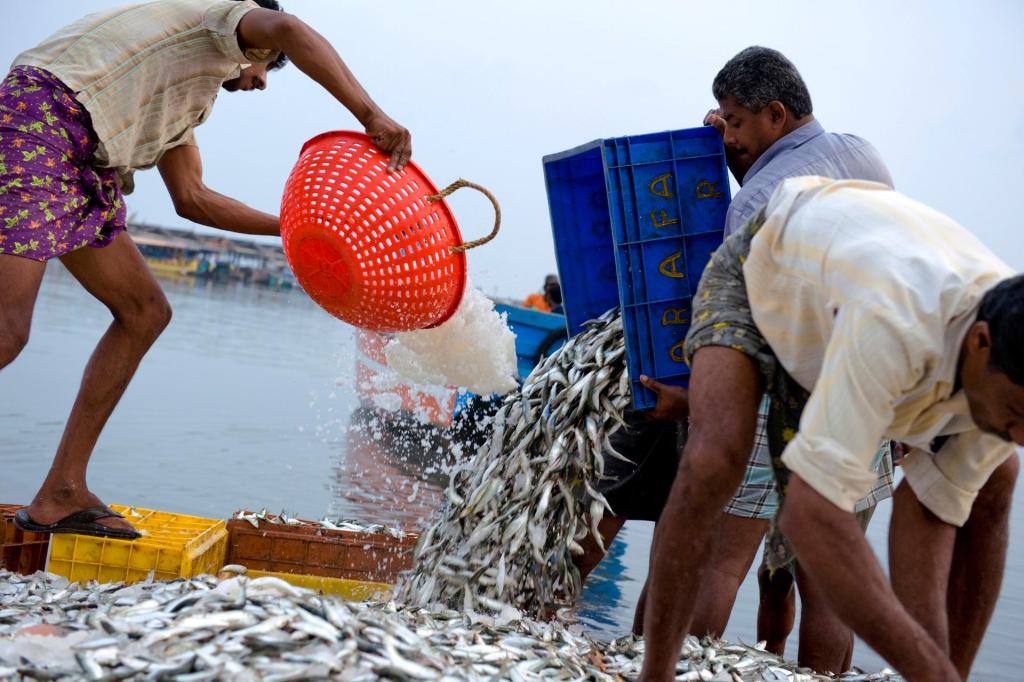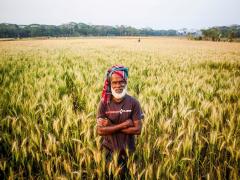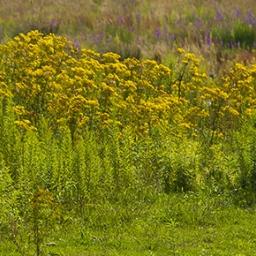Mainstreaming Biodiversity in Development Cooperation
In December 2022, governments adopted the Kunming – Montreal Global Biodiversity Framework at the Conference of the Parties (CoP) of the UN Biodiversity Convention (CBD). Development cooperation policies have a key role to play in the GBF and the Netherlands has indicated it seeks to increase attention to biodiversity in its international development and trade policies. At the request of PBL, the International Institute for Environment and Development (IIED) undertook a review of biodiversity mainstreaming in development cooperation agencies. Lessons and recommendations from this research are published in the report “Mainstreaming biodiversity in development cooperation: lessons learned from donor agency experience”. The insights from the report can help governments and development agencies to operationalise biodiversity mainstreaming in international cooperation and trade.

This report provides a comprehensive understanding and overview of what biodiversity mainstreaming is and what it entails. Where biodiversity mainstreaming is often understood from the perspective of addressing biodiversity concerns, IIED presents the notion of reciprocal mainstreaming in the context of development cooperation, which involves incorporating development priorities in biodiversity strategies.
Advancing biodiversity mainstreaming
The report presents four key recommendations to advance biodiversity mainstreaming in development cooperation, which speak to the current momentum in the international policy context as well as to internal institutional coordination and capacity challenges.
1. Align with the 2022 Global Biodiversity Framework and maximise synergies between it and the Paris Agreement.
This would mean: screening existing and new investments and interventions to ensure they do not undermine biodiversity; as well as proactively seeking opportunities to invest in biodiversity and livelihoods that both sustain it and are sustained by it; further increasing the levels of development assistance available for delivering on the GBF; while also ensuring aid flows for other purposes do not undermine it. It would also mean ensuring alignment between Paris and Kunming-Montreal so that the one does not undermine the other.
2. Commit to “Nature Positive”.
No single definition or metrics currently exist, but the Joint Donor Statement includes some pointers. From a development perspective this could mean that a principle on “people-positive”, which addresses issues of equity, rights and justice, is included in this description. The Principles for Locally Led Adaptation, if further elaborated to encompass nature as well as climate, could be useful for this purpose.
3. Support biodiversity mainstreaming initiatives in partner countries.
This means providing policy support to help developing countries mainstream biodiversity across other sectors in much the same way as is happening for climate change through the Paris Agreement.
4. Address remaining in-house constraints to biodiversity mainstreaming.
This includes demonstrating mainstreaming achievements and encouraging learning within and between development agencies.
About the author
IIED has a long track record of work on biodiversity mainstreaming and environment mainstreaming more broadly. This study builds on that work, as well as drawing on insights from work by others. The report is based on a review of experiences of donor agencies in Canada, European Commission, France, Germany, Norway, Sweden, and UK. It was compiled through a literature review as well as key informant interviews with agency staff in a subset of these.
Background
The report was produced as part of a partnership between PBL and the MoFA/DGIS, and provides a starting point for policy relevant research on how to approach biodiversity mainstreaming in the Dutch Aid & Trade agenda, with specific attention for policy coherence of Dutch domestic and foreign policy, to support The Netherlands government to deliver on international commitments on climate and biodiversity.
Authors
Specifications
- Publication title
- Mainstreaming Biodiversity in Development Cooperation
- Publication subtitle
- Lessons learned from donor agency experience
- Publication date
- 28 February 2023
- Publication type
- Report
- Page count
- 35
- Publication language
- English
- Product number
- 5195




